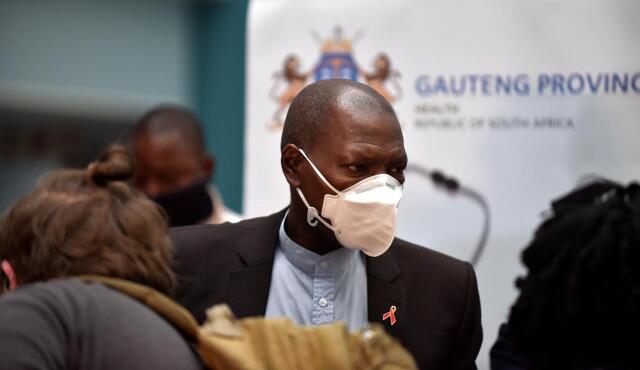South Africa faces a high risk of resurging coronavirus infections that may lead to a review by the council deciding on lockdowns
Johannesburg – South Africa faces a high risk of resurging coronavirus infections that may lead to a review by the council deciding on lockdowns, after new cases rose by 42% in Western Cape province in the last two weeks, Health Minister Zweli Mkhize said on Wednesday.
Mkhize said in a statement that the increase in infections and deaths “will inform the recommendations that the Health Department makes to the National Coronavirus Council”, the body that determines the different levels of lockdown restrictions.
“According to our resurgence plan, we define this significant spike in new cases in the Western Cape as a resurgence,” said Mkhize, adding that nationally infections in the last two week had risen 10.7%, which was also a “concerning trend”.
Mkhize said the cause of the spike in the Western Cape was a “super-spreader event” at a bar in southern Cape Town. The city was originally the epicentre of South Africa’s first wave of infections.
Mkhize who on Sunday announced that he and his wife have tested positive for the coronavirus said that they were improving each day.
“I remain in quarantine at home, I am resting and recuperating with only a cough remaining from my previous symptoms. I’m also very pleased that my wife has been discharged from hospital today and will now be joining me for quarantine at home.”
South Africa, which has the highest number of confirmed Covid-19 cases on the continent at more than 700,000 infections, eased lockdown restrictions to their lowest level in September as the rate of new cases fell.
The country also opened its borders to international travellers at the beginning of October after a six-month ban, in what was one the world’s strictest lockdowns that included restrictions on movement, economic activities and the sale of alcohol and tobacco.
The lockdown cost the country more than 2 million jobs in second quarter, while the economy shrunk by its most on record.








